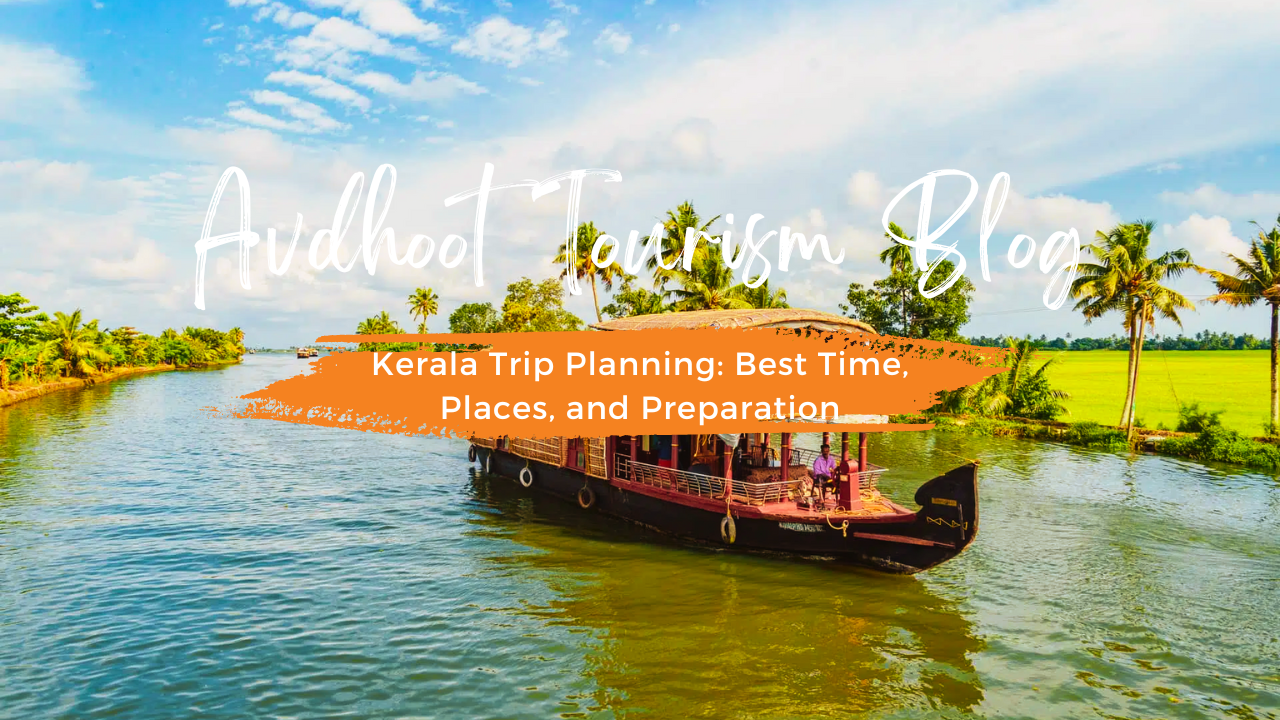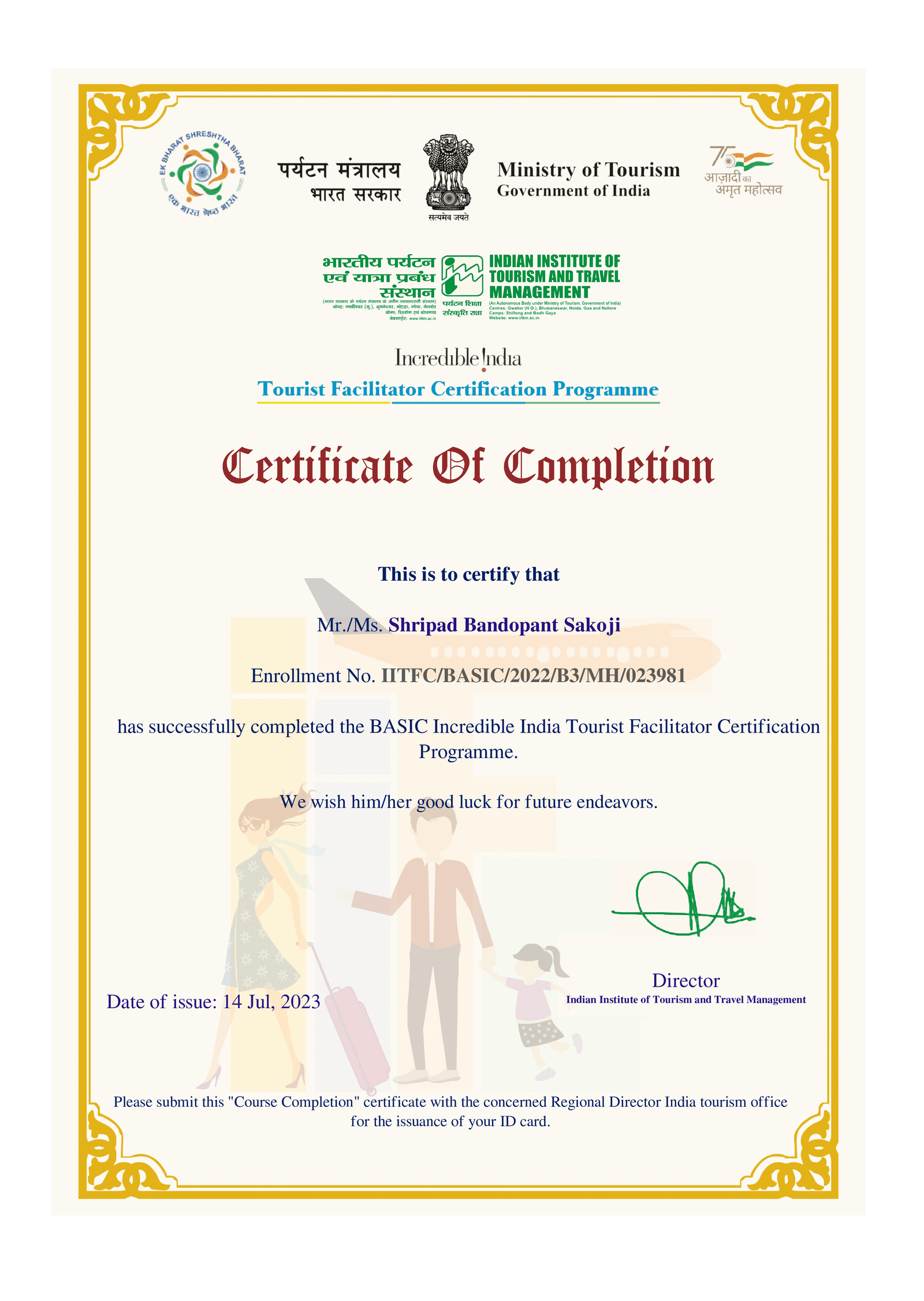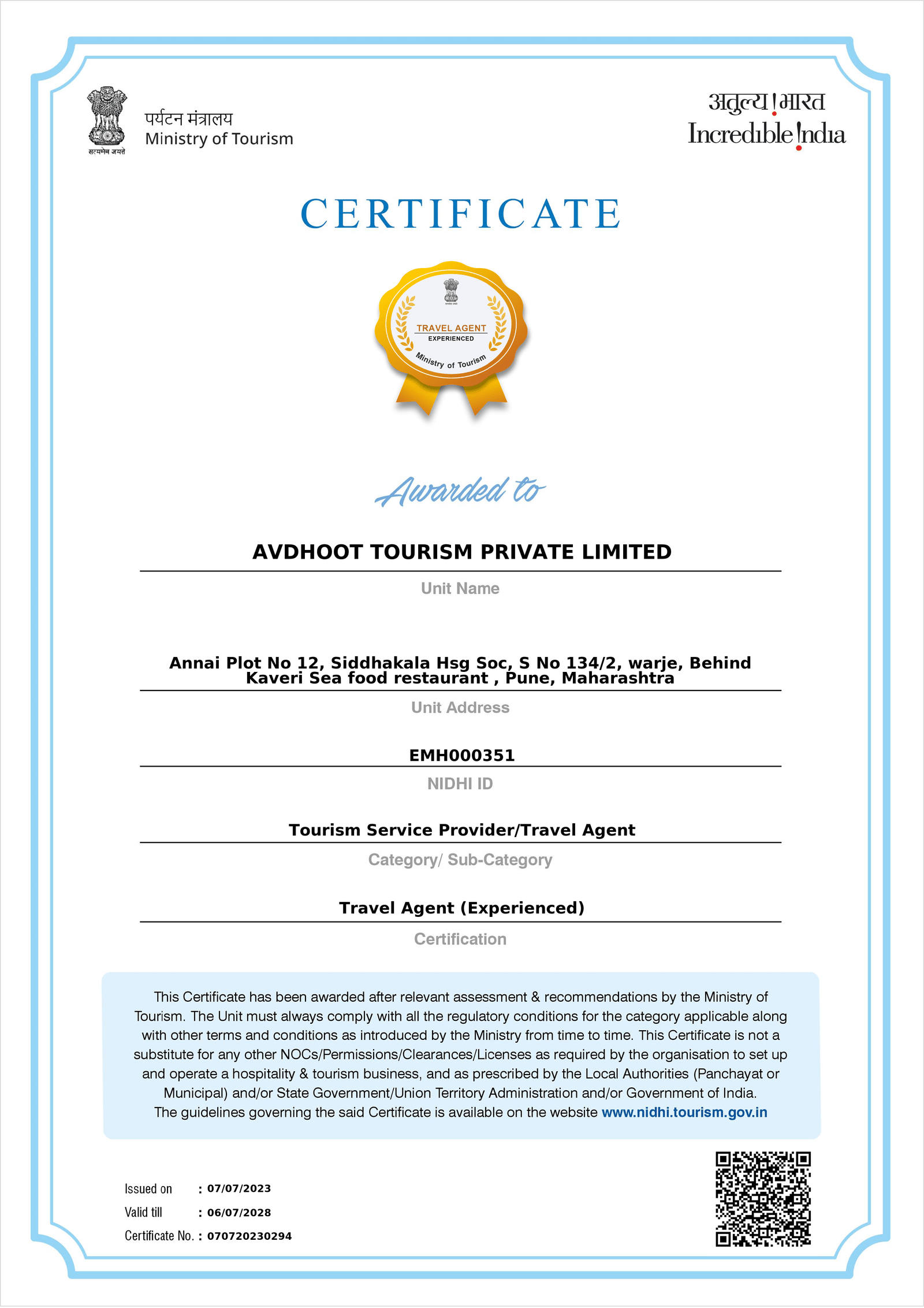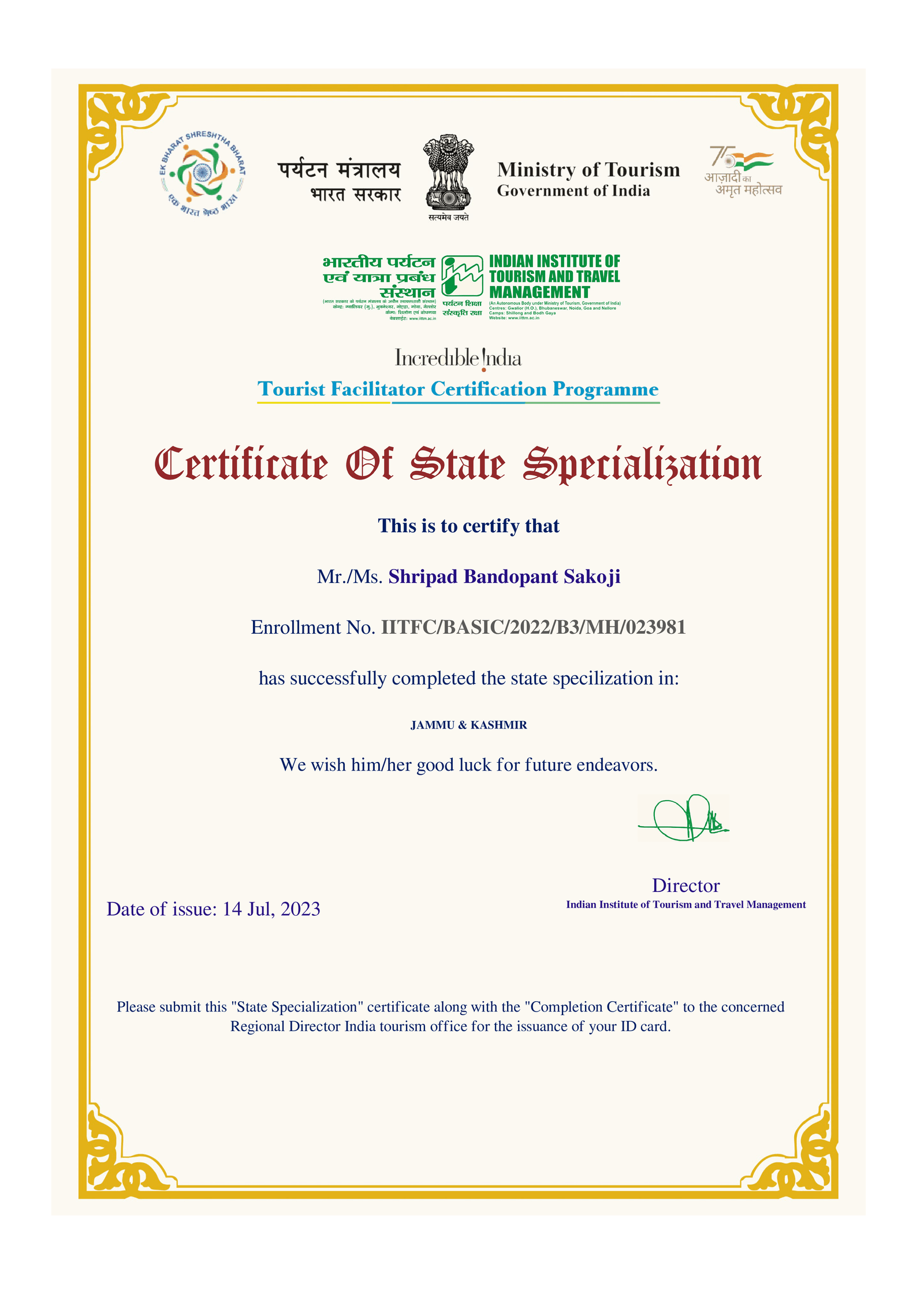Introduction to Kerala
Kerala, often referred to as ‘God’s Own Country,’ is a tropical paradise on the southwestern Malabar Coast of India. This idyllic region is renowned for its breathtaking landscapes, comprising an extended coastline of sun-kissed beaches, tranquil backwaters, and verdant hills blanketed with lush greenery. The state’s strategic geographical location contributes to its unique and varied climate, which is family-friendly and serene, drawing tourists from across the globe year-round.
What sets Kerala apart is not just its stunning natural beauty but also its rich cultural heritage. The state boasts a diverse culinary scene, where flavors from traditional South Indian cuisine merge with various other influences to create an array of mouthwatering dishes. The vibrant festivals, such as Onam and Vishu, offer an immersive experience into the local traditions, featuring intricately designed Pookkalam (floral decorations) and impressive Kathakali performances. These cultural spectacles embody the very essence of Kerala, making it an unmissable destination for travelers seeking a blend of nature, culture, and history.
Kerala is also home to a plethora of well-preserved architectural wonders, including ancient temples, churches, and palaces, each narrating stories from bygone eras. The state’s wildlife sanctuaries and national parks, such as Periyar and Wayanad, provide a haven for wildlife enthusiasts and nature lovers, presenting opportunities to witness diverse flora and fauna in their natural habitat. Additionally, the harmony with which different communities coexist in Kerala, reflected in the harmonious blend of Hindu, Christian, and Muslim heritage, adds a unique cultural dimension to the state.
In essence, Kerala offers a compelling mix of natural splendor and cultural richness, making it a must-visit destination for anyone looking to explore the many wonders of India. As you delve deeper into planning your Kerala trip, you’ll find that this enchanting region has something to offer for every type of traveler, ensuring a memorable and enriching experience.
Best Time to Visit Kerala
The ideal time to visit Kerala largely depends on what you wish to experience during your stay. Each season brings its own unique charm to this picturesque South Indian state, making any time of year potentially delightful for travelers.
Winter Season (October to February)
The winter months, from October to February, are widely considered the best time to visit Kerala. The weather is pleasantly cool and dry, with temperatures ranging between 24°C and 30°C. This period is perfect for exploring the hill stations, relaxing on the sun-kissed beaches, and enjoying a tranquil houseboat cruise on the backwaters. Additionally, this season is aligned with major festivals like Christmas and New Year, which are celebrated with great fervor. Since the climate is congenial, it’s an excellent time for outdoor activities, including trekking and wildlife tourism.
Monsoon Season (June to September)
The monsoon season, stretching from June to September, brings a different but equally captivating experience. This period transforms Kerala into a lush, green paradise teeming with life. The rainfall rejuvenates the environment, making it the ideal time for nature lovers and photographers. Moreover, the monsoon season is considered the best time for Ayurvedic treatments, as the abundant rains and humidity open up the body’s pores, making therapies more effective. Key festivals during this period include Onam, one of Kerala’s major cultural festivals, characterized by grand feasts, intricate floral arrangements, and traditional games.
Summer Season (March to May)
Though the summer months from March to May can be quite warm, with temperatures soaring between 29°C and 40°C, it can still be a viable option for those looking to avoid the peak tourist season. The advantage of visiting during the summer is the smaller crowds, which means more privacy and quieter sightseeing experiences. This is also the time when many hotels and resorts offer attractive discounts, making it a more affordable option. Despite the heat, the higher altitude destinations like Munnar, Wayanad, and Thekkady provide a cooler respite.
In summary, whether you’re seeking pleasant weather, lush green landscapes, cultural festivals, or budget-friendly travel, Kerala offers a unique experience each season, ensuring every trip is memorable.
Top Tourist Destinations in Kerala
Kerala, often referred to as “God’s Own Country,” offers a diverse range of tourist attractions that cater to every kind of traveler. Whether you are enchanted by lush greenery, serene backwaters, or historical landmarks, Kerala has something exceptional to offer.
Munnar stands as an epitome of natural beauty with its sprawling tea plantations, mist-laden hills, and the picturesque Eravikulam National Park. This hill station not only provides a visual feast but also an aromatic experience, as the region is home to some of the best tea estates in India. A visit to Munnar is incomplete without exploring its tea museums, waterfalls, and trekking trails.
For those captivated by tranquil waters, Alleppey and Kumarakom are the perfect destinations for a quintessential backwater experience. Known for their serene houseboat cruises, both Alleppey and Kumarakom offer an intimate glimpse of Kerala’s rural life. The labyrinthine network of canals, lakes, and rivers here are framed by swaying palms and lush greenery, creating a serene and picturesque escape.
Kochi, or Cochin, is a vibrant blend of historical significance and modern charm. Known for its colonial architecture, ancient churches, and bustling markets, Kochi stands as a testament to Kerala’s rich history and cultural amalgamation. Key attractions include Fort Kochi, the Jewish Synagogue, and the Chinese Fishing Nets, each narrating tales from different eras.
Nature enthusiasts will find a haven in Wayanad. Famous for its wildlife sanctuaries, verdant forests, and trekking routes, Wayanad offers experiences ranging from exploring the Edakkal Caves to spotting wildlife at Muthanga Wildlife Sanctuary. The region’s cool climate and lush landscapes make it a perfect retreat for nature lovers and adventure enthusiasts alike.
The coastline of Kerala is adorned with magnificent beaches, and Varkala and Kovalam are among the most popular. Varkala’s cliff-side setting offers breathtaking ocean views and sacred pilgrimage sites, while Kovalam is famed for its crescent-shaped beaches and excellent surfing conditions. Both locations provide a perfect blend of relaxation and adventure.
Finally, for wildlife aficionados, Thekkady is an unmissable destination. Home to the Periyar National Park, Thekkady offers a unique opportunity to experience wildlife safaris, boat rides on Periyar Lake, and spice plantation tours. The rich biodiversity here makes it a compelling visit for those keen to explore flora and fauna in their natural habitat.
These diverse destinations exemplify the myriad of experiences Kerala offers, making it a versatile and captivating travel destination.
Cultural Experiences and Activities
Kerala, known as “God’s Own Country,” is rich in cultural heritage, offering a myriad of experiences and activities. One of the most iconic cultural experiences is attending a Kathakali dance performance. This traditional dance-drama is renowned for its intricate costumes, detailed facial expressions, and narrative storytelling that depict mythological tales and local folklore. Visitors can enjoy Kathakali performances at dedicated cultural centers and theaters across the state.
Exploring historic temples and churches is another must-do activity in Kerala. The state is home to several centuries-old temples like the Padmanabhaswamy Temple in Thiruvananthapuram and the Guruvayur Temple in Thrissur. These temples are not only architectural marvels but also offer a glimpse into the spiritual life of the region. Equally impressive are the colonial-era churches, such as St. Francis Church in Kochi, which combine European architectural styles with local aesthetics.
For a more immersive experience, visiting traditional villages can be incredibly rewarding. Villages like Kumarakom and Vypin provide an authentic look at rural life in Kerala. Here, visitors can interact with local artisans, witness traditional crafts such as coir making and pottery, and savor home-cooked Keralan cuisine. These villages also often host local festivals and rituals, giving travelers a chance to partake in community celebrations.
Speaking of festivals, Kerala is known for grand celebrations such as Onam and Vishu. Onam, celebrated with vibrant floral arrangements, traditional dance, and elaborate feasts, is a harvest festival that marks the homecoming of the legendary King Mahabali. Vishu, the Malayali New Year, involves setting up a ‘Vishukkani’ (auspicious sight) and bursting firecrackers. Experiencing these festivals provides a deep dive into the cultural fabric of the state.
Kerala is also the epicenter of Ayurveda, an ancient system of medicine that focuses on holistic well-being. Numerous resorts and wellness centers across the state offer Ayurveda treatments, including therapeutic massages, herbal baths, and wellness programs aimed at rejuvenation. These treatments adhere to traditional practices, providing both relaxation and health benefits. Spa retreats that focus on Ayurvedic therapies are particularly popular among tourists seeking both mental and physical rejuvenation.
Culinary Delights of Kerala
Kerala, often referred to as “God’s Own Country,” is equally divine when it comes to its culinary offerings. The state’s cuisine is renowned for its rich use of spices, herbs, and coconut, creating a tropical flavor that is both tantalizing and unforgettable. For those planning a Kerala trip, indulging in the local food is an essential part of the experience.
A must-try dish is appam with stew. Appam, a type of rice pancake with a soft and fluffy center and crispy edges, is traditionally paired with a rich, coconut milk-based stew containing either vegetables or meat. Similarly, another staple is the dosa, a thin, crispy crepe made from fermented rice and lentil batter, often enjoyed with sambar (a flavorful, tangy lentil soup) and a variety of chutneys.
No Kerala culinary journey would be complete without exploring its seafood delicacies. Freshly caught fish, prawns, and crabs are prepared in myriad ways—grilled, fried, or simmered in spicy coconut-based gravies. Meen Pollichathu (fish wrapped in banana leaf) and Kerala-style prawn curry are particular highlights that capture the essence of coastal Kerala.
The traditional Kerala Sadya is a feast that epitomizes the region’s culinary prowess. This elaborate banquet, often served on a banana leaf, consists of a variety of vegetarian dishes, pickles, sweets, and rice, accompanied by crunchy pappadam (crispy flatbread). The intricate balance of flavors and textures makes the Kerala Sadya a gastronomic delight.
To experience authentic Kerala cuisine, tourists can visit popular eateries and bustling food markets in cities like Kochi, Thiruvananthapuram, and Kozhikode. Establishments such as the iconic Kashi Art Café in Kochi and the bustling Paragon restaurant in Kozhikode offer authentic fare amidst vibrant atmospheres.
For a more immersive experience, consider participating in food tours or opting for homestays where hosts often share home-cooked meals and cooking secrets. Through these intimate experiences, tourists can gain a deeper appreciation of Kerala’s rich food culture and the warmth of its hospitality.
Planning Your Itinerary
When planning a trip to Kerala, the “God’s Own Country,” the itinerary should be meticulously crafted to capture its lush landscapes, cultural richness, and serene backwaters. The length of your stay heavily influences what experiences you can immerse in. Here are tailored suggestions for 3-day, 7-day, and 10-day trips.
For a 3-day trip, focus on a specific region to avoid extensive travel time. Kochi is ideal, offering a blend of colonial heritage, bustling markets, and the scenic Marine Drive. Spend a day exploring Fort Kochi with its historical structures, art galleries, and famous Chinese fishing nets. Allocate another day to visit the enchanting backwaters of Alleppey, located a short drive from Kochi. A houseboat cruise here can be a highlight. Finally, relax on Marari Beach, indulging in local seafood culinary delights.
A 7-day trip permits a more extensive exploration. Begin in Kochi, then head to Munnar, a hill station known for its verdant tea gardens and Eravikulam National Park. Spend two days here soaking in the cool climate and visiting attractions like Mattupetty Dam and Anamudi Peak. Next, travel to Thekkady to explore Periyar Wildlife Sanctuary and enjoy a boat ride on the Periyar Lake. Conclude your trip with a couple of days in Alleppey, experiencing the backwaters and staying on a houseboat.
If fortunate with time for a 10-day journey, start with the above-mentioned destinations with added depth. From Thekkady, venture to Kumarakom for its bird sanctuary and luxurious resorts along the Vembanad Lake. Include a day trip to Varkala Beach, known for its cliffs and wellness retreats. Finish with time in Kovalam, renowned for its lighthouse, vibrant beachfront, and myriad wellness spas.
In terms of logistics, Kerala’s robust transportation network includes domestic airports in Kochi, Trivandrum, and Calicut, comprehensive rail services, and an extensive road network. Buses and taxis are commonly used, while rental cars afford independence. Accommodation ranges from budget hostels and homestays to mid-range hotels and luxurious resorts offering Ayurvedic treatments.
To ensure a smooth experience, consider enlisting reputable tour operators who can tailor packages based on your preferences. Balancing relaxation and exploration is key; allocate downtime amongst your itinerary to fully savor Kerala’s tranquil beauty.
Practical Travel Tips and Preparation
When planning a trip to Kerala, preparation is key to ensuring a smooth and enjoyable experience. For international travelers, it is essential to have the necessary travel documents. Make sure your passport is valid for at least six months from your date of entry. Depending on your nationality, you might need a visa to enter India. It is advisable to apply for an e-Visa online to simplify the process. Check the Indian government’s official visa website for the latest requirements and application procedures.
Health and safety are paramount when traveling, and getting the right vaccinations is a vital step. Recommended vaccinations for travelers to Kerala include Hepatitis A, Typhoid, and routine vaccines like MMR (measles-mumps-rubella) and Diphtheria-Tetanus-Pertussis. Consult with your healthcare provider to tailor the vaccinations to your specific needs and ensure you are up-to-date several weeks before departure.
Packing for Kerala requires consideration of its unique climate. The region experiences a tropical climate with high humidity. During the summer (March to May), pack light, breathable clothing made of cotton or linen. The monsoon season (June to September) brings heavy rains, so waterproof gear such as raincoats, umbrellas, and quick-dry clothing is essential. For the winter months (October to February), light layers will suffice, although temperatures can vary significantly between coastal areas and the higher altitudes of the Western Ghats.
Maintaining your health during the trip goes beyond vaccinations. Drink bottled or purified water to prevent waterborne diseases, and be cautious with street food. Using hand sanitizer regularly can further safeguard against illness. Safety measures such as carrying a basic first-aid kit and using insect repellent to prevent mosquito bites are advisable, particularly in rural areas.
Respecting local customs and cultural etiquette is crucial to a harmonious visit. In Kerala, it is customary to remove your shoes before entering homes and temples. Dress modestly, especially when visiting religious sites, where covering shoulders and knees is expected. Greeting locals with a polite “Namaste” and respecting the local lifestyle will enhance your travel experience.
By taking these practical steps in your travel preparation, you will be well-equipped to enjoy the beauty and culture of Kerala while staying healthy and respectful of your surroundings.
Sustainable and Responsible Travel in Kerala
Ensuring a sustainable and responsible trip to Kerala is increasingly significant for travelers committed to reducing their environmental footprint while supporting local communities. As a traveler, several eco-friendly practices can be adopted to contribute positively to Kerala’s rich but delicate ecosystem.
Accommodation choices play a crucial role in sustainable travel. Opting for eco-resorts, which emphasize environmentally sound practices such as rainwater harvesting and solar energy usage, can dramatically decrease your carbon footprint. Numerous eco-resorts in Kerala, certified by Green Leaf and ISO, offer luxurious stays while adhering to sustainable principles.
Community-based tourism provides another layer of responsible travel. By participating in local homestays, guided village tours, and cultural workshops, travelers can foster authentic experiences and directly support the livelihoods of local residents. This model of tourism helps maintain traditional practices and could be a vital tool for the economic empowerment of communities.
Supporting local artisans and businesses is also a key component. Purchasing handicrafts, spices, and traditional attire from small-scale vendors ensures that the economic benefits of tourism are more equitably distributed. The Responsible Tourism Mission of Kerala promotes such initiatives, encouraging tourists to buy directly from artisans.
Environmental conservation is paramount. Travelers should practice minimizing plastic use by carrying reusable water bottles and bags. Additionally, conserving natural resources by opting for eco-friendly transport options like bicycles and electric vehicles can make a substantial difference. Maintaining a respectful distance from wildlife and ensuring no disturbance to natural habitats are also critical actions.
Equality in tourism also encompasses respecting local cultures and customs. Engaging with local traditions thoughtfully emphasizes cultural sensitivity, thereby enriching the travel experience and fostering mutual respect.
Programs and certifications such as Kerala Tourism’s ‘Green Carpet Initiative’ galvanize efforts towards sustainable tourism. These initiatives aim to build an Eco-Tourism model, setting a precedent for other regions to follow.
By embracing these practices, travelers to Kerala can ensure that their journey is both enriching and responsible, contributing positively to the preservation and appreciation of the state’s natural and cultural wealth.














